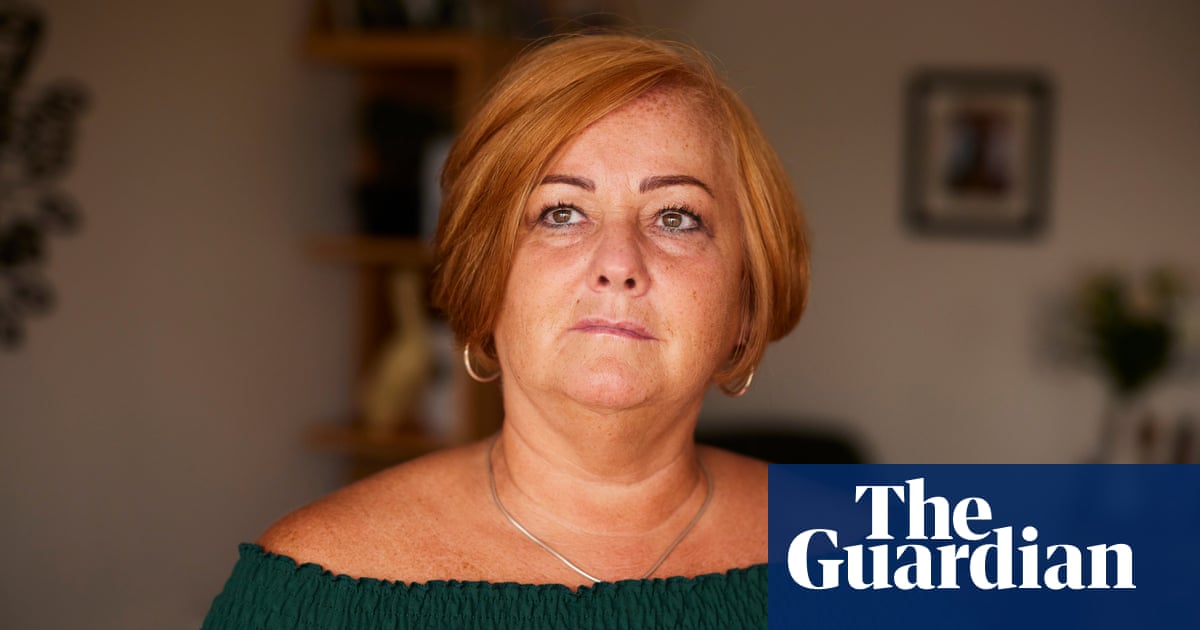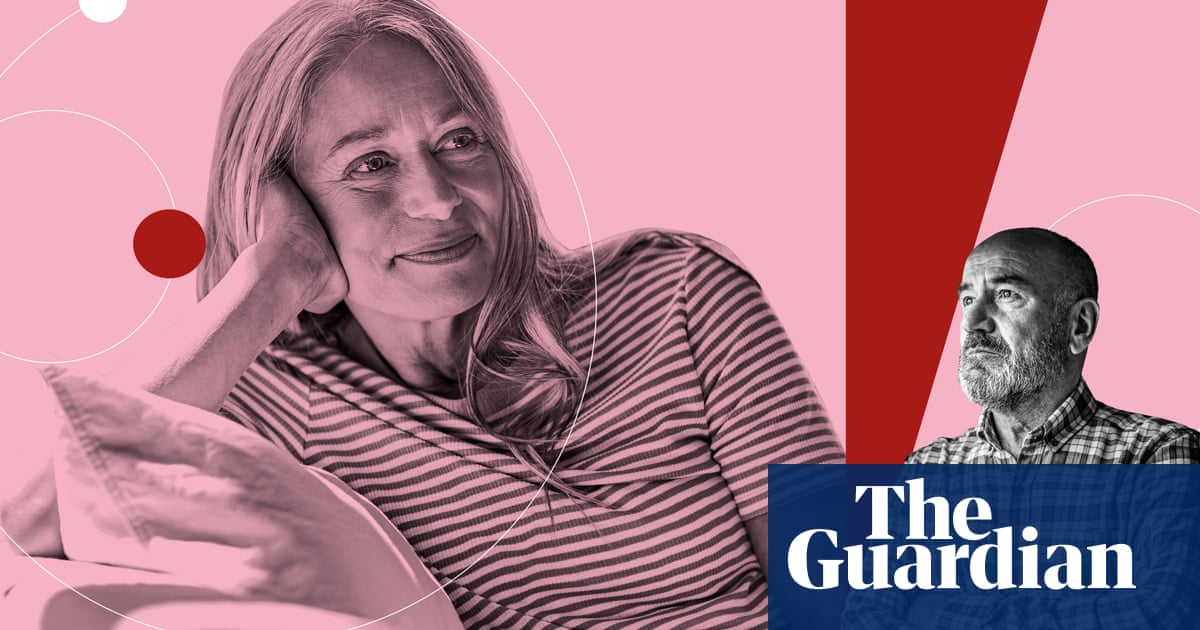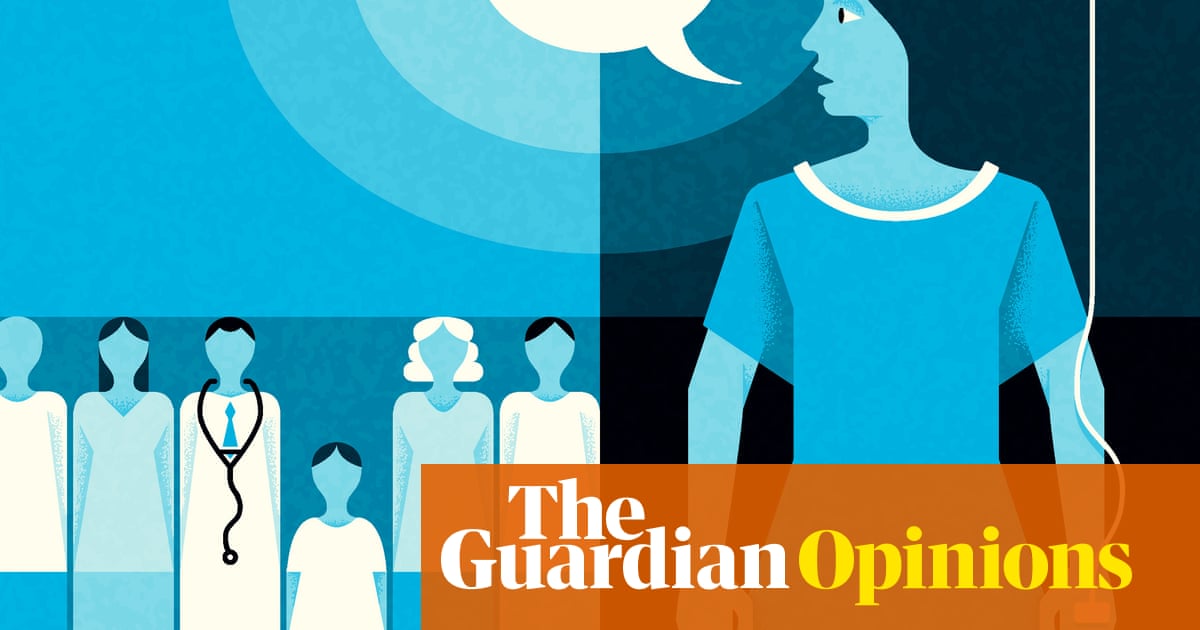
The question I’m a 48-year-old woman in a loving relationship. I don’t have any children. I have two brothers – my younger one has four children with his partner. The other, who is older than me and gay (and my half-brother), has recently gone abroad with his partner and had two children via a surrogate, with both fathers having had a biological child each.
I’ve always supported people’s rights in principle, especially gay rights, yet this has opened a chasm of sadness in me, not having had children. It also makes me feel like the odd one out among my siblings as they are both now busy with their respective families.
My partner is older than me and has a grown-up son. He is not keen to have more children, so I feel I’ve missed the boat. I also feel a lot of guilt and shame in my response. It is causing problems within my family because my older brother has stopped communicating with me. I’m unsure how to relate to these new children and also to my brother now. It’s constantly nagging on my mind. I feel like a terrible person and very alone. I don’t know anyone who has been in a similar situation, it feels like a very 21st-century agony.
Philippa’s answer Reading between the lines, I wonder if there isn’t a whole lot of loss here to process. We think about mourning when we lose someone close to us: when we lose a parent or a friend everyone around us expects us to be sad or angry or confused, in denial or simply deadened for a while – wherever the journey of mourning takes us – and even if it is a hard journey, we know that unless we allow ourselves to mourn, we won’t recover our equilibrium. Elisabeth Kübler-Ross has usefully charted this complex journey, and her thinking is instructive. Above all, we learn from her that the only way beyond loss is through it. When you want to be a parent and, for whatever reason, you can’t be, this is a loss and like all losses needs to be mourned.
It’s much harder, isn’t it, when the loss we experience is situational rather than personal? Often nobody notices or names it, and there is no expectation that we may have work to do. Instead of finding loving support for the process of grieving, we can lock ourselves in a silent, agonising world in which we feel increasingly isolated.
Whether it is choice or circumstance that has led to you not having a child, you’re clearly sensing that as a loss, and I wonder whether now that those who are close to you seem to be abounding in new children, it is easier to cut off, or feel jealous, or over-rationalise, rather than having your feelings. Gaps are tough – and they’re real, at least to us. Reality is often disappointing.
You do not say why your brother isn’t speaking to you. Echoes of some long-distant childhood rivalry playing out, maybe? Or has something happened to create awkwardness. You’ll know – but I’m wondering what part you not engaging with your sadness and loss may be contributing to this awkwardness? After all, when the task of processing loss doesn’t happen in us, we find other ways of dealing with our feelings: projecting disappointment and envy on to others, rather than owning it ourselves. This makes us unhappy and creates avoidable friction with others. And, no, I don’t think you are a terrible person – just a person in pain with nowhere to place it.
Then there’s what you describe as your own loving relationship. You don’t say how long you’ve been together, nor whether there was a chance to consider having a child, but what is now encroaching is this sense of a gap. What, I wonder, would happen if you were to name it – not in terms of any “right” to have had a child, nor in terms of “blame” that the two of you aren’t having one, but simply in terms of the sense of loss and sadness it is creating in you? It’s not that he has to fix it by having a child with you, but not speaking about it may stop you keeping your relationship as “loving” as it can be. If you are not being heard and understood by him it may deny you the support you need to move forward – speaking simply about it may open up whole new ways of being fulfilled together. We might feel that if we own the disappointment and name the gaps, our feelings will become more intense and unmanageable, but more often the opposite is true. To talk about your loss will begin to process those feelings and will be, I think, the first steps to healing all of this. I don’t want you to carry that “chasm of sadness” on your own. But even in the most loving of partnerships we cannot be everything we need for each other and if your partner is more of a problem-solver – no one wants to hear the “well-you-should…” in response to their pain – you may try for extra listening and understanding from a therapist.
When you can own, then contain, your sadness I am hoping you will be able to relate to these new nephews and nieces in your life, not as reminders of what you are missing out on, but as new people to have rewarding, lifelong relationships with.












